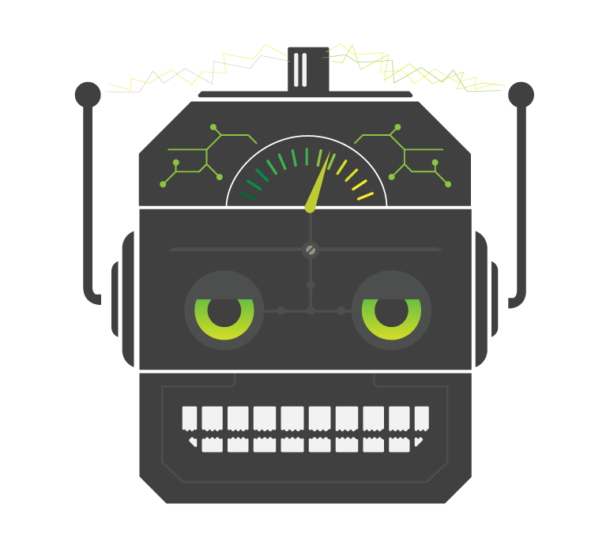
DPL Reading List – March 2, 2018
Here are some of the articles we’ve been reading around this office this week.
Your Strategy Should Be a Hypothesis You Constantly Adjust – “What is new is the idea that closing the gap between strategy and execution may not be about better execution after all, but rather about better learning – about more dialogue between strategy and operations, a greater flow of information from customers to executives, and more experiments.”
DNA Data Storage Gets Random Access – “DNA data storage just got bigger and better. Scientists have reported the first random-access storage system from which they can recover individual data files, error free, from over 200 megabytes of digital information encoded into DNA. Random access is key for a practical DNA-based memory, but until now, researchers have been able to achieve it with only up to 0.15 megabytes of data.”
How Digital Maps Have Changed What It Means to Be Lost – “There are many ways to be lost. Some have declined due to technology; others are newly born. But in every situation, to be lost is to be vulnerable. Vulnerability is frightening, often dangerous, but it also breeds connection-with people, and with places. The maps people carry in their pockets can be a barrier to that connection, but they are also safety nets. And it’s easier to take a leap if you know there’s something at the bottom to catch you.”
Microsoft brings its quantum dev kit to macOS, Linux; new kind of qubit this year – “The simulator is intended to be a precursor to real quantum hardware, which Microsoft is also working on. Microsoft’s quantum computing efforts are built around a concept called a topological qubit. The topological qubit is attractive because it should be much more robust than the qubits used in other quantum computers; while Microsoft’s system will still have to operate at the near-absolute zero temperatures used in other quantum machines, it should require substantially fewer qubits for error-checking and correction, compared to those other systems.”
The UX Of A Public Robot – “Ammunition’s efforts to make Cafe X’s robotic arm seem friendly rather than ominous is part of a larger discussion about the role that robots play in our lives. Should they have personalities? Should they have faces? Should they use the same modes of human interaction, like nods and waves, that we’re used to?”
Samsung crams 30TB of SSD into a single 2.5-inch drive – “On the inside, the drive has nine flash controllers driving 32 1TB packages of NAND flash, with each package containing 16 layers of 512Gb 3-bit-per-cell V-NAND. There’s also 40GB of DDR4 RAM. The RAM is unusual, too; the 8Gb chips are built using Through Silicon Vias (TSVs), enabling them to be stacked vertically.”
Satya Nadella Rewrites Microsoft’s Code – “One of Nadella’s first acts after becoming CEO, in February 2014, was to ask the company’s top executives to read Marshall Rosenberg’s Nonviolent Communication, a treatise on empathic collaboration. The gesture signaled that Nadella planned to run the company differently from his well-known predecessors, Bill Gates and Steve Ballmer, and address Microsoft’s long-standing reputation as a hive of intense corporate infighting.”



